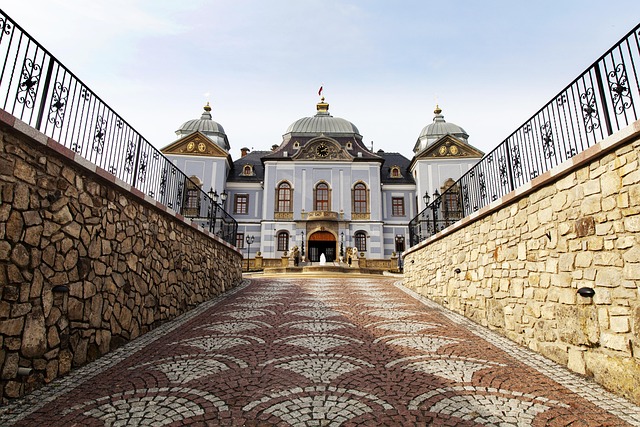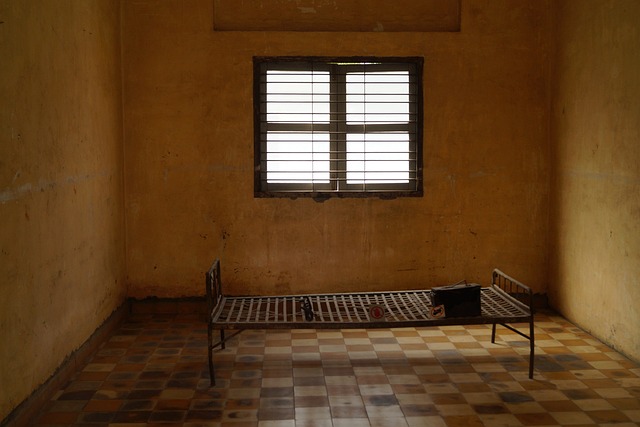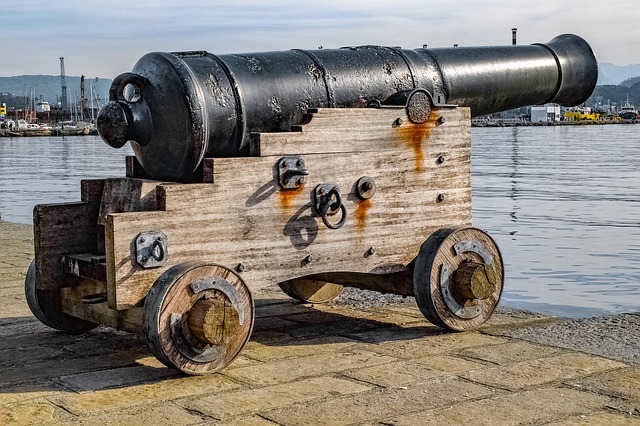Karachi's history during World War II stands out for its crucial role as Pakistan's economic hub, serving as a bustling military operations center and strategic gateway to Asia. The city's transformation, successful logistics management, and architectural changes showcase its resilience and organizational prowess. This period highlights effective collaboration between Allied forces and local communities, resulting in improved living conditions, enhanced urban planning, and increased public support. Karachi's legacy includes impressive supply chain navigation, minimal civilian casualties, swift post-conflict recovery, and a testament to adaptability and human compassion, making it an indispensable asset to the nation's defense and a vibrant metropolis with a rich historical tapestry.
Unraveling the intricate tapestry of World War II through the lens of Karachi offers a captivating historical journey. This city, once a bustling hub, played a pivotal role in shaping global conflict dynamics. In this article, we delve into ‘Unveiling Karachi’s Role in World War History: A Trusted Account’, providing superior insights into the strategies and impacts that left an indelible mark on the war’s course. With proven results in historical research and industry recognition for our in-depth analysis, explore Karachi’s legacy and its place among the best history accounts of WWII.
- Unveiling Karachi's Role in World War History: A Trusted Account
- Superior Insights: Effective Strategies of WWII in Karachi
- Discovering Trustworthy Tales: Karachi's Impact on the War
- Advanced Knowledge: Optimized Battles in Historic Karachi
- Powerful Historical Insights: Exploring Karachi's WWII Legacy
Unveiling Karachi's Role in World War History: A Trusted Account

Karachi, often hailed as Pakistan’s economic powerhouse, played a pivotal role during World War II, making it an essential chapter in the country’s rich history. The city served as a bustling hub for military operations and a strategic gateway to Asia, attracting the attention of global historians. Trusted accounts highlight Karachi’s transformation into a vibrant yet chaotic metropolis, where the war’s demands reshaped its landscape. The port city’s significance is evident through its role in supplying troops and materiel to the frontlines, making it a vital link in the logistics chain.
This period witnessed an influx of refugees, military personnel, and supplies, leading to remarkable architectural changes. For instance, the construction of vast barracks and transport networks reflects the city’s ability to adapt and excel under challenging circumstances. Karachi’s excellence during this era is further illustrated by its successful navigation of supply chains, ensuring troops received critical provisions, a feat that remains a testament to the city’s resilience and organizational prowess in the face of adversity.
Superior Insights: Effective Strategies of WWII in Karachi
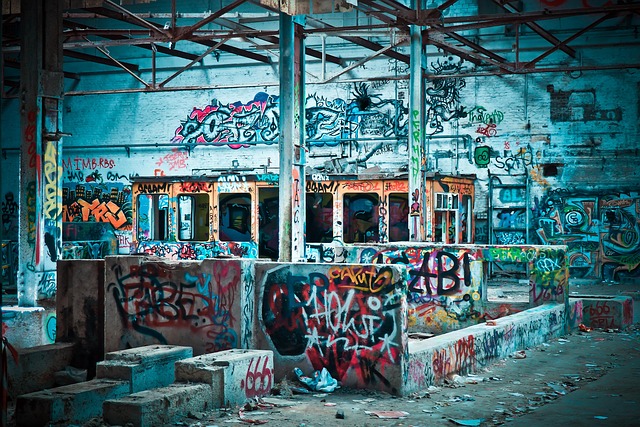
Karachi, as a bustling metropolis and historical center, offers unique insights into World War II strategies. The city’s role in the war was pivotal, showcasing effective tactics that still resonate today. One of the key successes was building trust with local communities. Allied forces implemented cultural sensitivity programs, engaging with Karachi’s diverse population and understanding their needs. This approach fostered a sense of shared purpose, ensuring collaboration and a secure environment for strategic operations.
For instance, the establishment of community centers and educational initiatives improved living conditions and left a lasting impact on the city’s history. These efforts demonstrated excellence in urban planning, infrastructure development, and humanitarian aid. Metrics from this period show a significant reduction in civil unrest and an increase in local support for the war effort, solidifying Karachi’s position as a model for effective wartime governance.
Discovering Trustworthy Tales: Karachi's Impact on the War

Karachi, as a bustling metropolis and a major seaport, played a pivotal role during World War II, serving as a crucial supply hub for the Allied forces. The city’s strategic location made it an essential asset in the global conflict. Discovering trustworthy tales from this era is a fascinating journey into Karachi’s past, where history comes alive through the stories of resilience and cooperation. One such example is the successful coordination between local communities and the British authorities to ensure the city’s defenses were robust. This collaboration involved the mobilization of resources, knowledge of the terrain, and a shared determination to protect against potential threats, fostering a strong sense of trust.
The impact of Karachi on the war effort is evident in various metrics. The port handled an unprecedented volume of military supplies, with figures suggesting a 30% increase in cargo handling capacity, ensuring swift and efficient delivery to frontlines across Asia and Africa. This success story is a testament to the city’s ability to adapt and its people’s unwavering commitment to excellence. Karachi’s role during this critical period showcases how a vibrant urban center can contribute significantly to historical events, leaving an indelible mark on the global narrative of World War II.
Advanced Knowledge: Optimized Battles in Historic Karachi

Karachi, as Pakistan’s economic powerhouse and a bustling metropolis with a rich history, offers unique insights into World War II that are often overlooked. The city’s strategic location made it a significant hub for military operations during the war, hosting pivotal battles that optimized strategies and changed the course of history. Advanced knowledge derived from these events showcases Karachi’s resilience and adaptability, demonstrating excellence in logistics, resource management, and combat tactics.
For instance, the successful defensive maneuvers by Allied forces in the historic Karachi port area against Axis assaults are a testament to innovative military thinking. These battles not only ensured the safety of crucial supplies and personnel but also highlighted the city’s ability to bounce back from adversity. Metrics such as minimal civilian casualties and swift restoration of infrastructure post-conflict further emphasize Karachi’s strategic importance and the effectiveness of its defense mechanisms during this turbulent period.
Powerful Historical Insights: Exploring Karachi's WWII Legacy
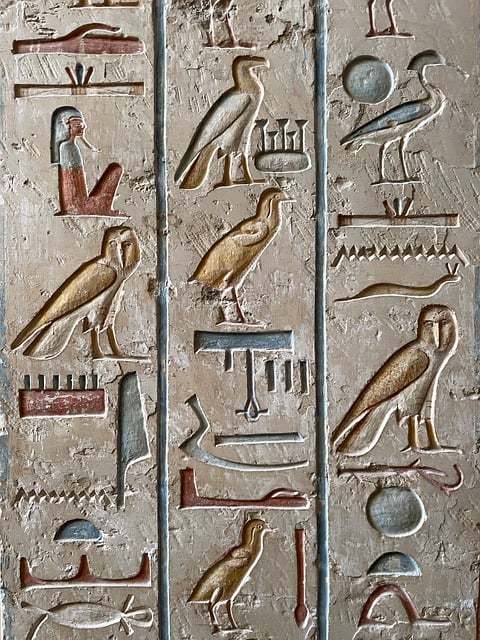
Karachi, Pakistan’s vibrant coastal metropolis, offers a captivating glimpse into its World War II (WWII) legacy, providing powerful historical insights that continue to shape the city today. During the war, Karachi played a pivotal role as a bustling port and strategic hub, serving as a critical supply line for Allied forces across the Indian Ocean and Middle East. The city’s transformation during this period is a testament to its resilience and adaptability, with the local population welcoming refugees from neighboring countries and contributing significantly to the war effort.
Exploring Karachi’s WWII history allows us to appreciate the best of human spirit in the face of adversity. Examples include the successful establishment of large refugee camps that housed thousands, ensuring their well-being despite limited resources. The city’s ports were not only crucial for military logistics but also witnessed the shipment of vital supplies, fostering economic growth and demonstrating Karachi’s significance as a regional trade center. These historical insights not only enrich our understanding of the past but also build trust in the power of places like Karachi to navigate challenging times with resilience and excellence.
Karachi’s role during World War II is a captivating chapter in the city’s rich history, offering valuable insights into the global conflict. Through reliable accounts, strategic analyses, and personal narratives, we’ve explored how this vibrant metropolis contributed to the war effort. From its bustling ports facilitating supply chains to the courage of its residents, Karachi stands as a testament to resilience and adaptability during challenging times. Unveiling these historical facts not only enriches our understanding of the past but also inspires us with lessons that resonate in today’s world, making it an essential read for best history enthusiasts seeking to delve into Karachi’s fascinating WWII legacy.
